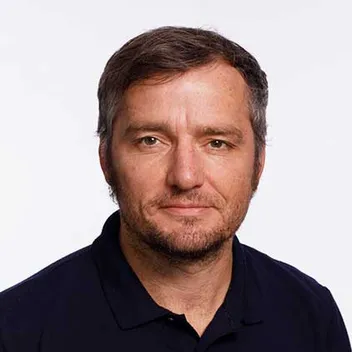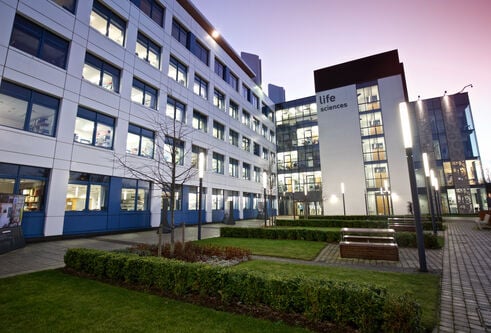Professor Adrian Saurin
Chair of Professor of Genome Stability
Cancer Research, School of Medicine
Genome Integrity, School of Life Sciences

Contact
Websites
Biography
Adrian setup his lab in 2013 to study how cell cycle networks preserve genome stability and protect cells against cancer.
He completed his PhD in cardiomyocyte cell signalling (King College London) before moving on to postdoctoral positions in protein phosphorylation signalling (with Peter Parker, CRUK London Research Institute) and chromosome segregation (with Geert Kops, UMC Utrecht)
Research
The Saurin lab studies how the cell cycle is controlled and how this breaks down to drive genome instability and cancer evolution. They focus on understanding how kinase and phosphatases work together to drive key cell cycle transitions, and how these enzymes can be inhibited to prevent cell division and treat cancer.
They use a range of approaches to tackle these problems, including quantitative cell biology, synthetic biology, biochemistry and computation modelling. However, much of their day-to-day work involves single cell microscopy assays.
For further information including an up-to-date list of projects please visit: www.SaurinLab.com
Teaching
Adrian runs the 4th year Cancer Biology module. He also teaches on other undergraduate modules, and on the BMSc and MSci postgraduate courses.
Stories
News
Congratulations to many of our staff who were successful in their applications for promotion in the 23/24 cycle.
Press release
Cancer Research UK-funded scientists in Dundee have discovered how some cancer drugs can target the disease while sparing healthy tissue.

News
We would like to extend our warmest congratulations to our School of Medicine colleagues who have been promoted recently.